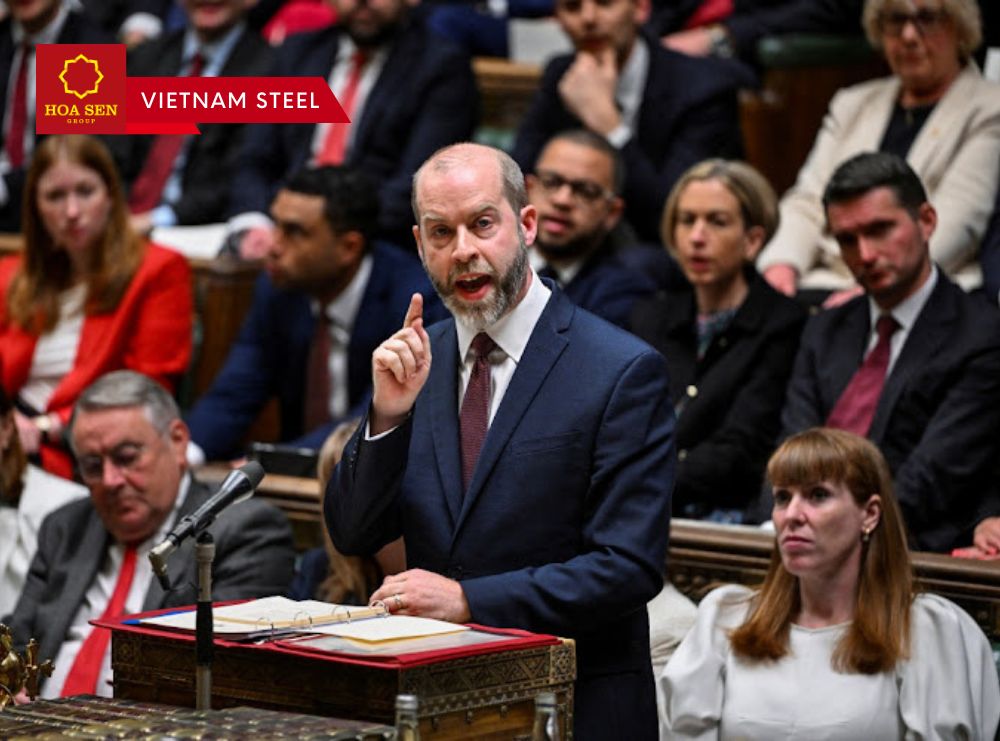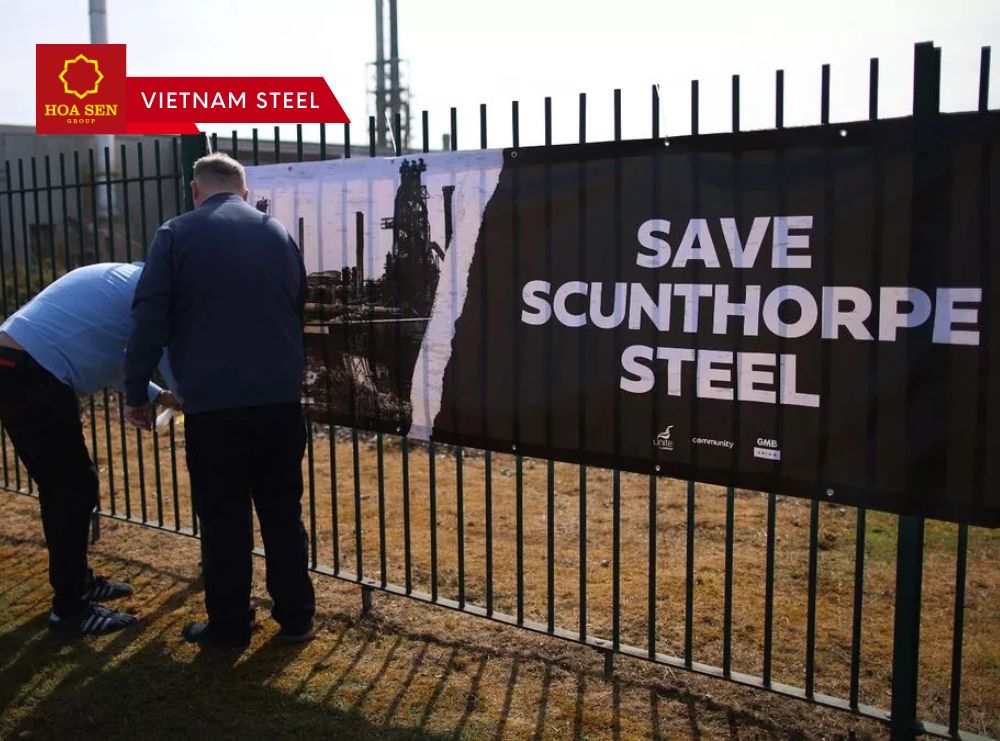The UK government has taken decisive action to exclude Chinese companies from its steel industry, citing national security concerns and the strategic importance of domestic steel production.
Background:
The move follows the government's emergency intervention to take control of British Steel's Scunthorpe plant, the nation's last facility capable of producing virgin steel. The plant's Chinese owner, Jingye Group, had refused a £500 million aid package and planned to shut down the blast furnaces, which are losing £700,000 daily.
Business Secretary Jonathan Reynolds stated that allowing Chinese firms into the steel sector was a mistake, describing previous decisions as "naive". He emphasized that steel is a "very sensitive area" and unsuitable for foreign control, especially from companies with direct links to the Chinese Communist Party.
Implications:
-
National Security: The closure of the blast furnaces would leave the UK as the only G7 country unable to produce its own virgin steel, affecting critical industries such as defense and infrastructure.
-
Economic Impact: The government estimates that the collapse of British Steel could cost the economy over £1 billion, considering the need to remediate the site and support the workforce.
-
Policy Shift: While the UK remains open to Chinese investment in less sensitive sectors like automotive and life sciences, the steel industry is now off-limits to foreign control.
The government's stance marks a significant shift in its approach to foreign investment, prioritizing national security and industrial sovereignty. The future of British Steel remains uncertain, with full nationalization being considered if a suitable private partner cannot be found.
Vietnam Steel by Hoa Sen Group

